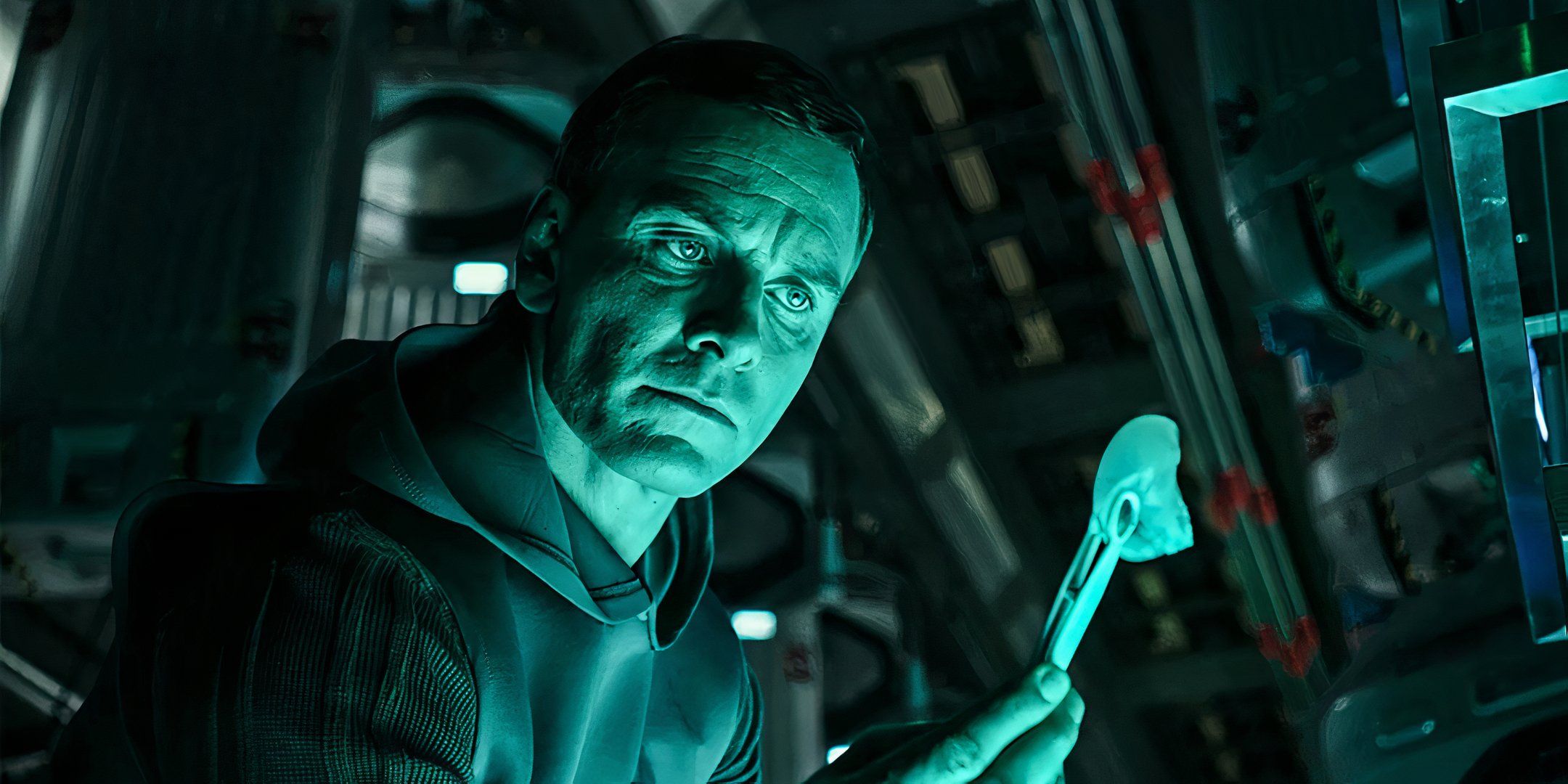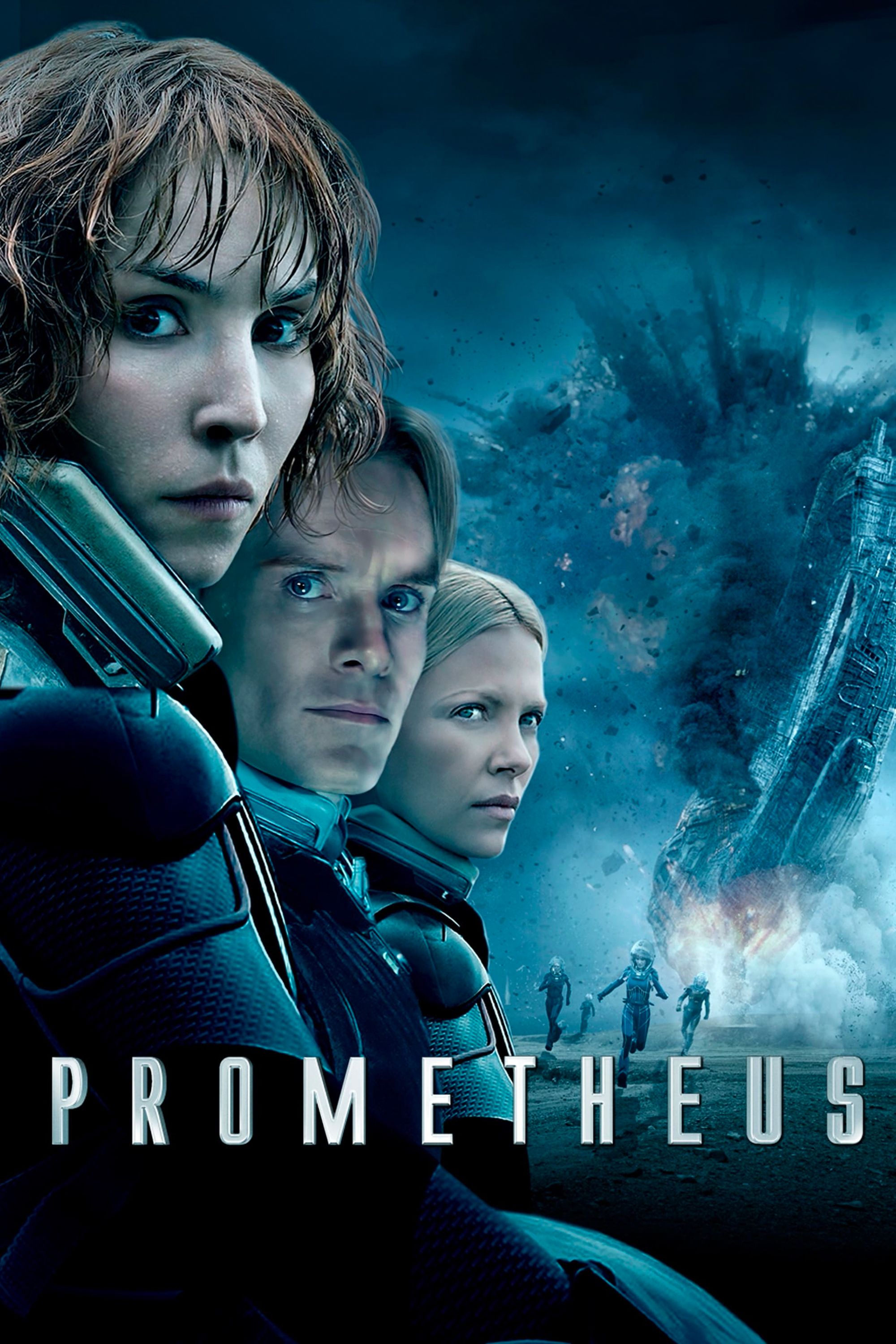
Prometheus Star Explains Why Audiences Felt Lost in Alien Movie
Guy Pearce shares his insightful perspective on why Ridley Scott’s 2012 cinematic masterpiece, Prometheus, left many viewers puzzled and questioning its narrative. This film serves as a prequel to the iconic Alien franchise and follows a team of scientists on a groundbreaking expedition to uncover humanity’s origins, revealing profound existential truths and confronting terrifying dangers on an inhospitable alien world. Despite the film’s ambitious themes and Scott’s hallmark visual artistry, Prometheus remains one of the most debated entries within the franchise.
In a recent interview with Business Insider, Pearce elaborated that much of the film’s perplexity arises from its complex storytelling and reliance on subtle narrative cues introduced early in the plot. As one of Scott’s more conceptually intricate projects, Prometheus requires viewers to pay close attention to its layered narrative, which left some audience members feeling disconnected. Pearce mentioned the physical challenges he faced while filming his character, Peter Weyland, and how this experience influenced his own interpretation of the film. Discover his complete remarks below:
I think the movie is brilliant, but I’ll say, if you don’t get what’s happening in the first five minutes, then you’re lost for the rest of the movie. And I had the benefit of listening to Ridley [Scott] talk about it before we started shooting.
I loved it, but it was a tough experience physically. I couldn’t sit down because of this metal frame thing. So between shots they would just lean me against the wall.
Unlocking the Insights for a Deeper Understanding of Prometheus
Exploring How Prometheus Redefined the Alien Genre
The mixed reception from audiences regarding Prometheus underscores the challenges inherent in crafting a high-budget sci-fi film that delves into deep philosophical inquiries. The film’s narrative structure was intentionally enigmatic, urging viewers to engage with substantial themes like faith, science, and morality. Pearce’s comments imply that Scott’s ambitious vision may have been too intricate for some viewers to fully comprehend, resulting in a noticeable gap between the film’s storytelling and audience reception.
Pearce’s insights offer a reasonable perspective on why Prometheus deserves recognition as a complex and daring project.
For fans of the Alien franchise, Prometheus represented a significant shift from the horror-driven narrative of earlier films. Rather than concentrating on the struggle for survival against the iconic xenomorphs, this prequel ventured into humanity’s quest for meaning and purpose. While the film garnered a respectable critical rating of 73% on Rotten Tomatoes, this narrative shift sparked division among viewers, with some celebrating its boldness while others criticized its ambiguity.
Scott’s directorial choices, highlighted by Pearce, reinforce the notion that Prometheus is indeed an acquired taste. Its polarizing reception has not diminished its influence on the franchise, as it laid the groundwork for the subsequent installment, Alien: Covenant, and continues to inspire discussions regarding the future direction of the Alien films. Pearce’s reflections provide a valid rationale for why Prometheus merits acknowledgment as a thought-provoking and ambitious cinematic endeavor.
Analyzing Pearce’s Defense of Prometheus and Its Impact
Understanding the Lasting Significance of Prometheus
Pearce’s insightful defense of Prometheus underscores its strengths as an intellectually stimulating sci-fi film that prioritizes thought-provoking questions over conventional resolutions. Although its complex narrative structure might not resonate with every viewer, it encourages audiences to engage in critical thinking, a distinctive feature that sets it apart from the broader Alien franchise. Pearce’s observations reaffirm the film’s enduring significance, despite the ongoing division of opinions surrounding it.
Source: Business Insider





